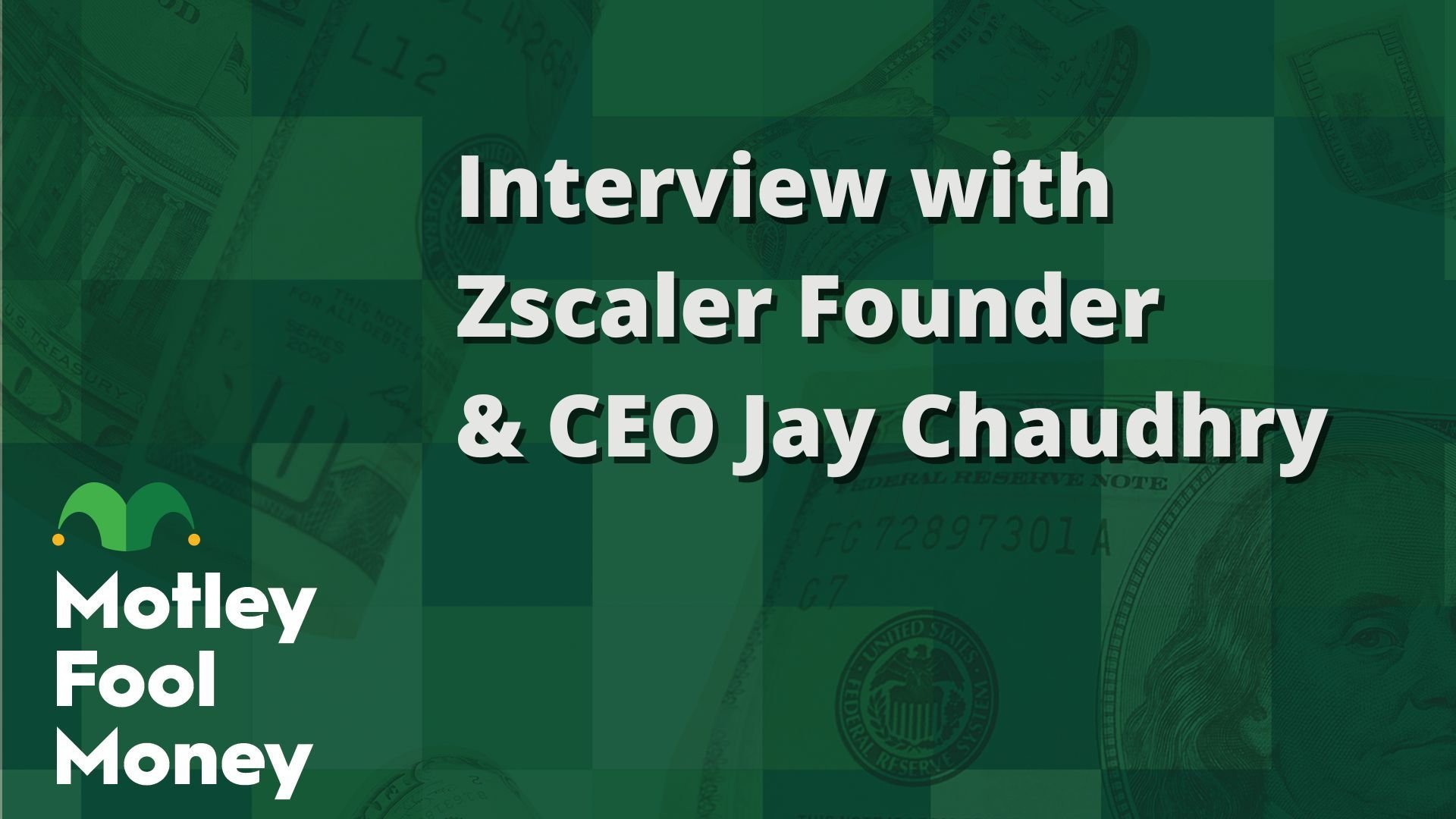Cloud security software provider Zscaler (ZS 1.92%) got it mostly right with its fiscal first-quarter report. The company beat analyst estimates for both revenue and earnings, with sales up nearly 50% and adjusted earnings in positive territory.
But Zscaler's guidance wasn't so well received. The company predicted a continued slowdown in revenue growth for the second quarter, a potentially big problem for the stock given its outlandish valuation. Here's what investors need to know.
Beating expectations
|
Metric |
Q1 2020 |
Change (YOY) |
Compared to Average Analyst Estimate |
|---|---|---|---|
|
Revenue |
$93.6 million |
48% |
Beat by $3.8 million |
|
Non-GAAP (adjusted) earnings per share |
$0.03 |
50% |
Beat by $0.02 |
Data source: Zscaler. GAAP = generally accepted accounting principles.
"We delivered strong revenue growth and non-GAAP profitability in Q1 while significantly investing in our business to pursue our large market opportunity. We are committed to scaling all elements of our go-to-market strategy, as we see enterprises increasingly transforming their network and security to realize the benefits of the cloud," said Zscaler CEO Jay Chaudhry.
While Zscaler was profitable on an adjusted basis, the company lost $0.13 per share on a GAAP basis, compared to a loss of $0.06 per share in the prior-year period. GAAP operating expenses jumped by 54% year over year, expanding faster than revenue. That's not a great trend for a company that should be getting more efficient as it scales.

Image source: Getty Images.
Less impressive growth is on its way
Zscaler's 48% revenue growth rate in the first quarter represents a slowdown from the company's 53% growth rate in the previous quarter. That rate will slow further in the second quarter, based on the company's guidance.
Zscaler expects to produce second-quarter revenue between $97 million and $100 million, along with non-GAAP EPS of about $0.03. At the midpoint, that revenue guidance represents year-over-year growth of just 33%.
For the full fiscal year, Zscaler sees revenue between $405 million and $413 million, and non-GAAP EPS between $0.13 and $0.15. That implies revenue growth of 35% and an EPS decline of 36%. It also implies that revenue in the second half of this year won't grow much compared to the first half.
While shares of Zscaler are up for the year, the stock has crashed about 44% since peaking a few months ago. Its valuation at the peak was outrageous: The trailing-12-month price-to-sales ratio topped 36. Today, that ratio sits at about 20, which is still a steep price to pay given the rapidly decelerating growth rate. And the price-to-adjusted-earnings ratio is deep into the hundreds.
Paying 20 times sales for a company with explosive revenue growth can make sense, if you're into that sort of thing. But Zscaler's growth is no longer explosive. In the world of pricey software-as-a-service stocks, it's nothing special.
If the company can reaccelerate its growth rate without blowing up its sales and marketing spending too much, it may be able to win back investors. But if slower growth is the new normal, it's hard to imagine the current nosebleed valuation holding up.






